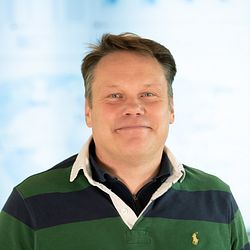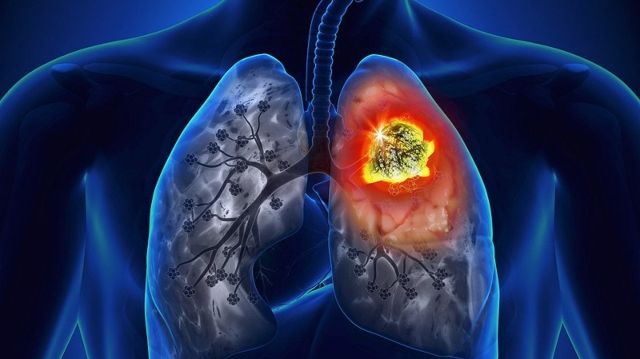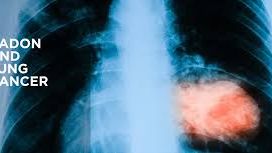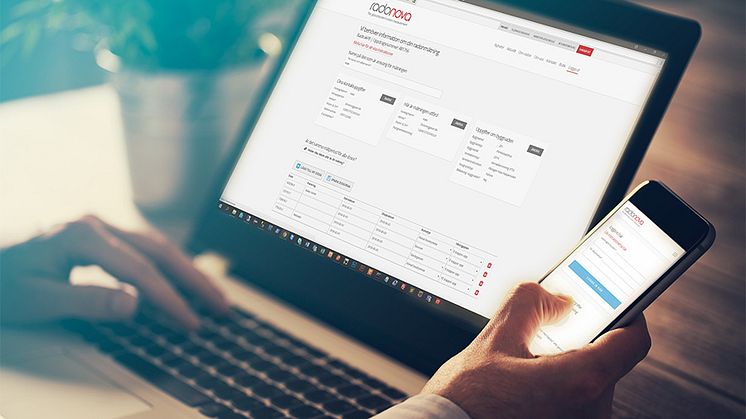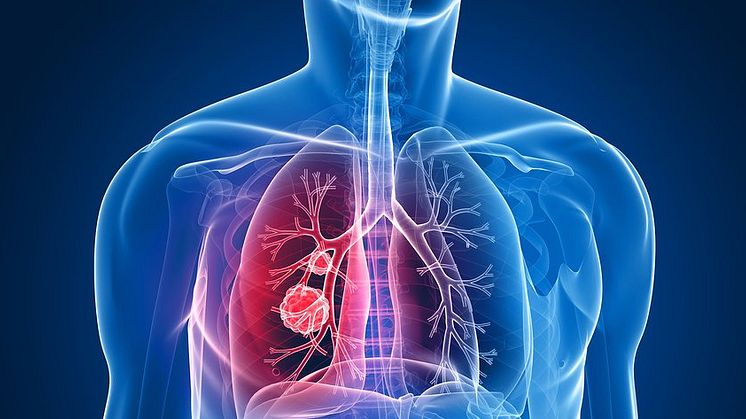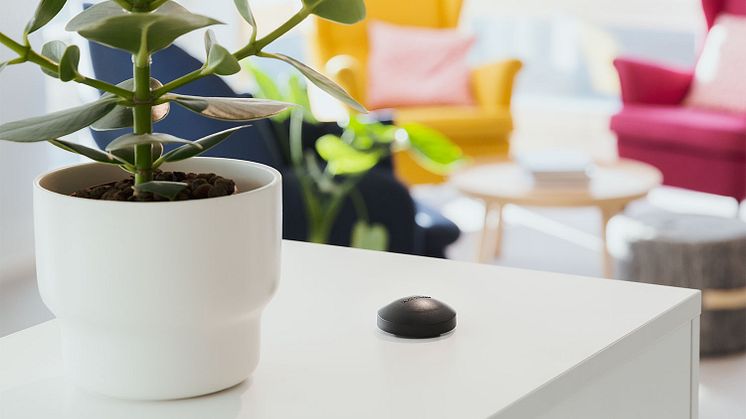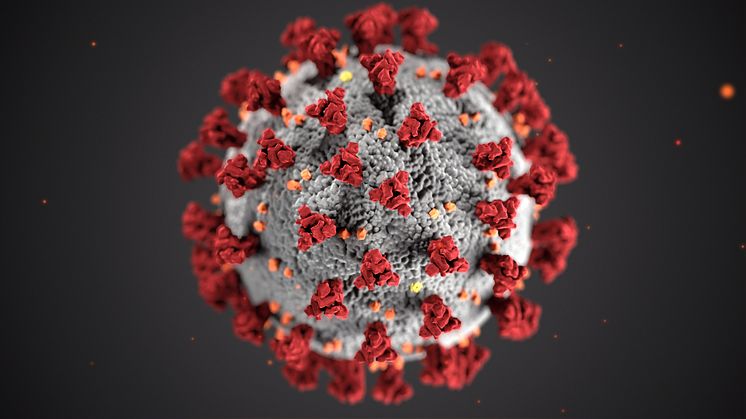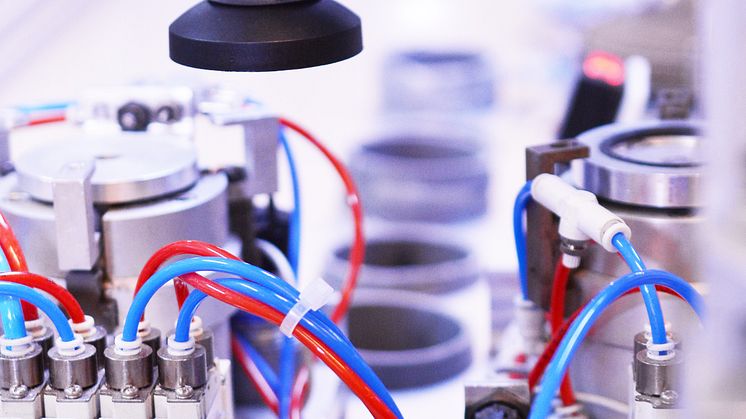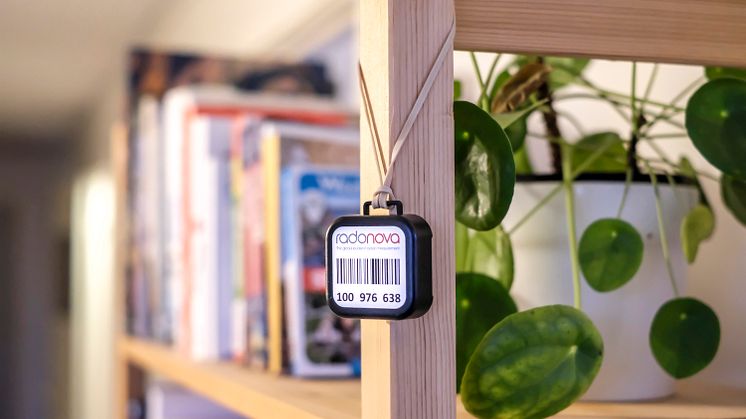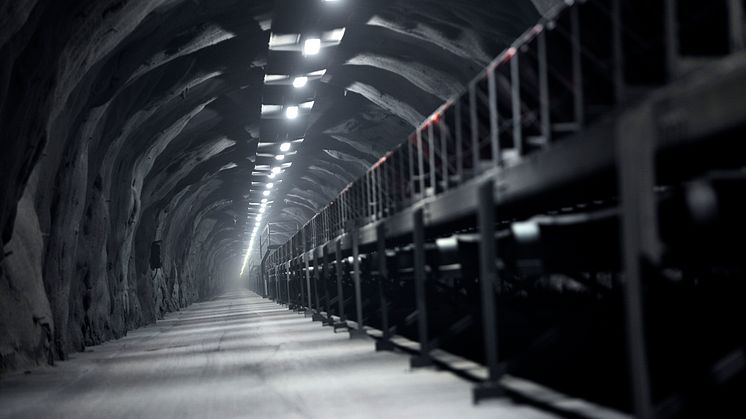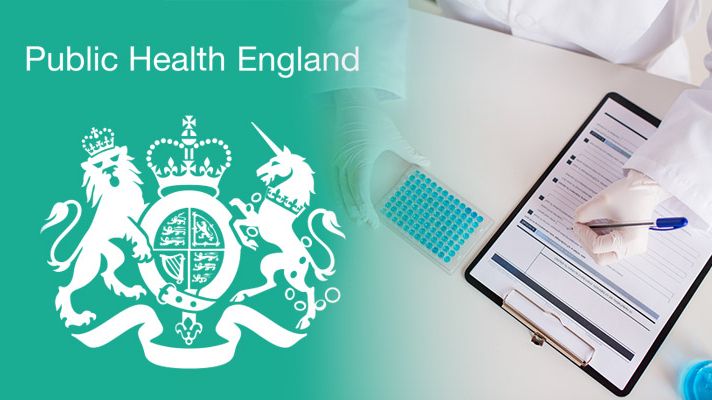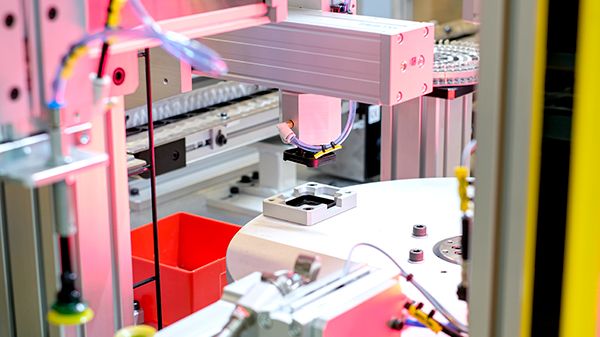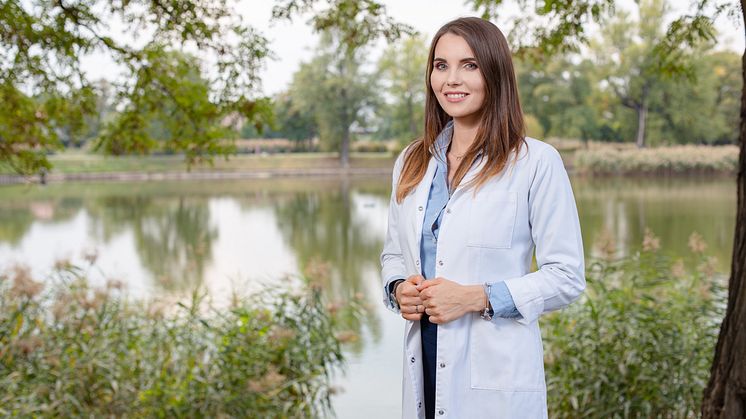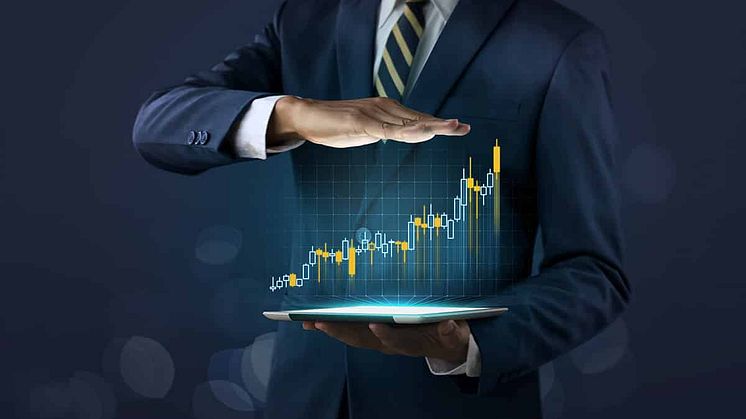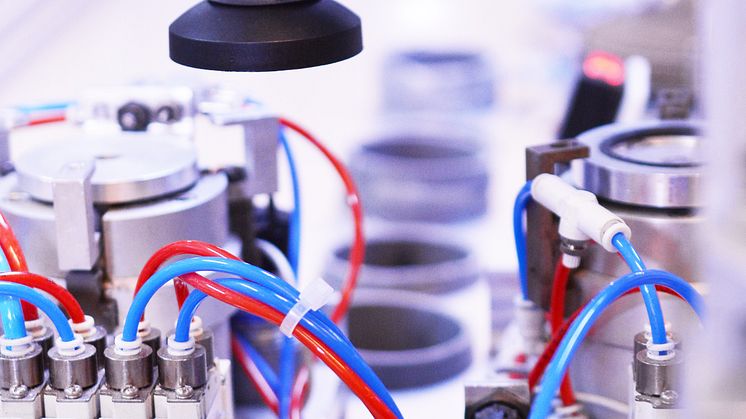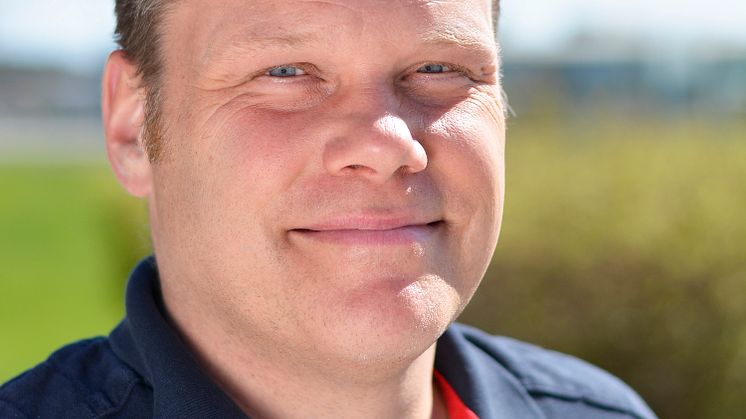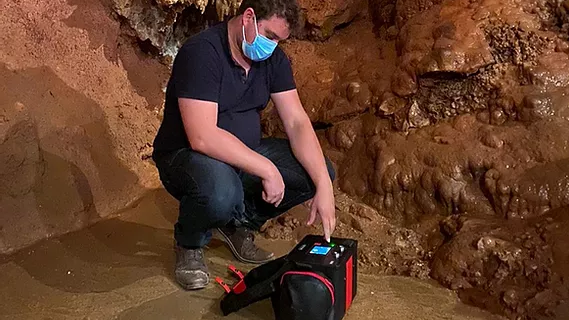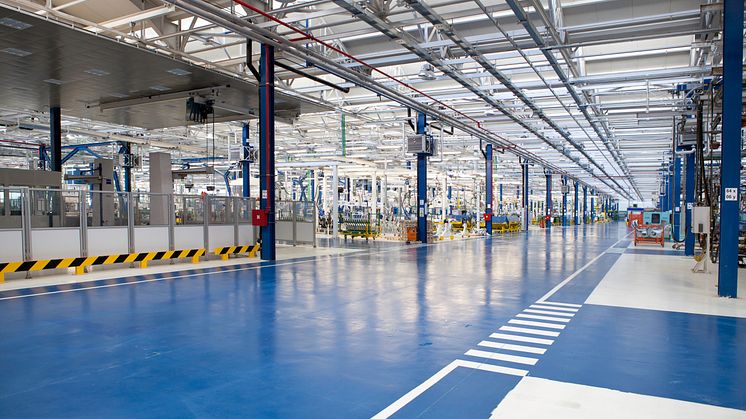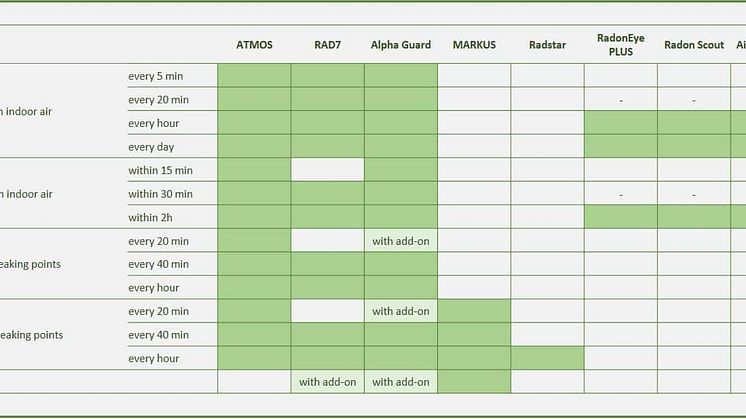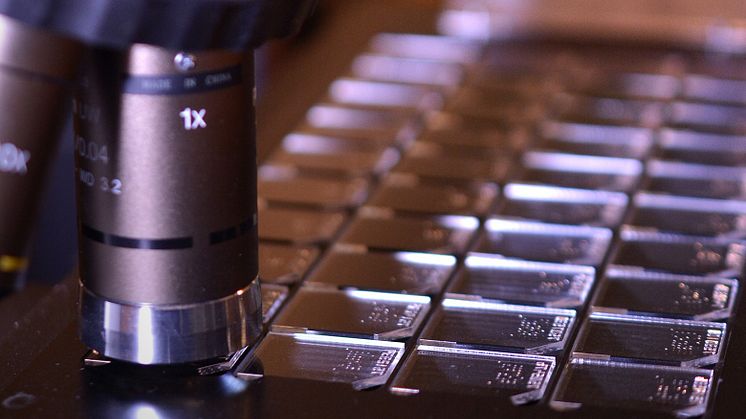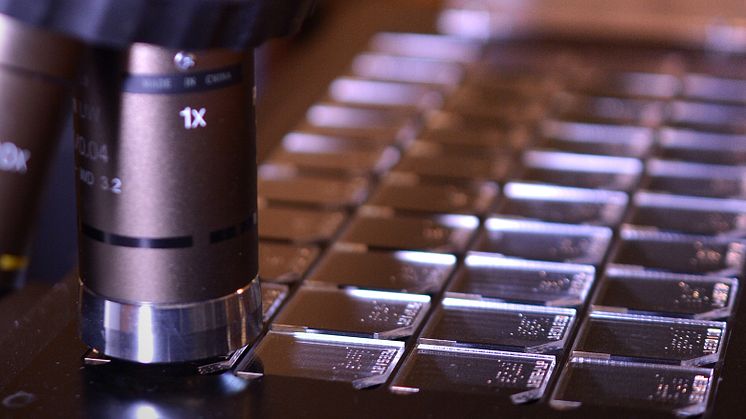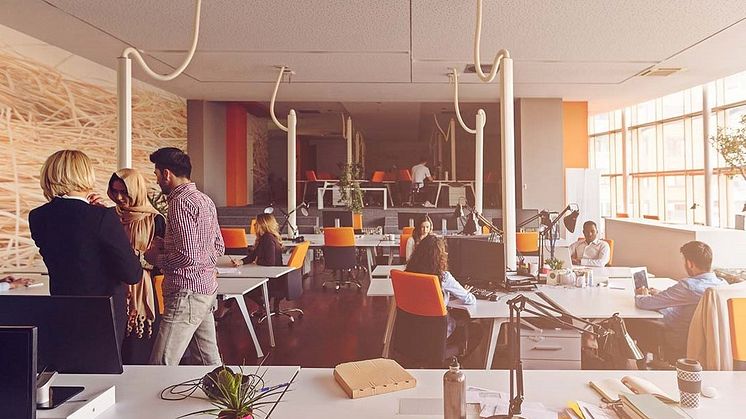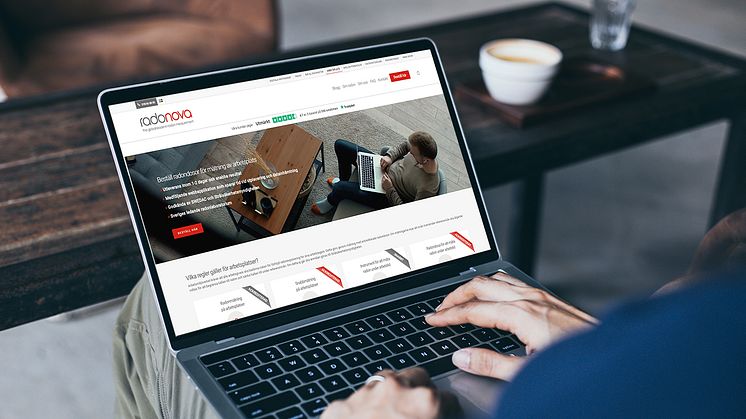
Blog post -
How has Covid-19 affected radon measurements?
The ongoing pandemic has changed the way in which we measure for radon worldwide. Here, the CEO of the world's largest radon laboratory Radonova, comments on the changes in the industry.
More important than ever to protect your lungs
In terms of public perceptions, Covid-19 has put public health issues at the forefront of everybody’s mind, and in regard to our radon laboratory interest in measuring for radon has grown. More and more people are thinking about their health and want to know what radon levels they are exposed to so that they can reduce the risk of lung cancer if high levels exist. However, there is no evidence that the impact of contracting Covid-19 would be more serious if you were also exposed to high radon levels at the same time. Both radon and Covid-19 affect one of our most important organs, the lungs. As a key organ, the lungs are crucial to protecting us from both from viruses and elevated levels of the radioactive gas radon.
New workplaces in the home need to be measured
Due to the pandemic, more people have started working from home and it has become the permanent workplace for many of us. At the same time, the EU's new radiation protection directive requires workplaces to be monitored for radon levels, which must be below the national limit value (which is normally between 100 Bq/m³ and 300 Bq/m³).
In some countries, for example Sweden, it is common to undertake radon measurements in the home, but this does not preclude an individual also measuring for radon in their home office as this particular area may not have been measured for radon previously. Normally, the bedroom and living room are measured, but not other spaces because we don’t spend as much time in other areas of the house. Therefore, to be on the safe side, measure the space in which you work.
However, there are other countries where hardly any homes have been measured. Instead, radon measurements are only conducted at the workplace. Finland is a good example. Therefore, it is crucial more people are aware of the importance of measuring for the gas now that we are spending more time at home.
Making it easy to measure for radon
Due to the pandemic, it has become increasingly regulated who is allowed to visit workplaces and who is allowed into rental properties. In some countries, such as the United States, this has had a major impact on professional radon consultants who place radon detectors in properties. They are no longer allowed to place detectors or collect them at the end of the measurement period. This in turn places higher demands on radon laboratories to design detectors that the general public can use without the need for professional advice. Through a largely digitized process, Radonova is at the forefront of simplifying the process, from calculating the number of detectors needed to providing easy to understand instructions and reporting. Unlike five years ago, it is now easy to carry out a measurement yourself in the home or at work.
Use accredited laboratories
The pandemic has also demonstrated the importance of buying high quality goods that meet standards. There are countless examples where unapproved protective clothing or mouth guards have been purchased. There has even been false labelling. This obviously puts human health at risk. It is easy to draw a parallel to radon measurement. An incorrect radon measurement radon can lead to a person living in a property with elevated radon levels, completely unaware that he or she is in danger. To ensure a correct measurement, always purchase a radon detector from a laboratory that is accredited according to ISO 17025. This means that the measurement might be a bit more expensive (compared to using non-accredited radon laboratories), but you are guaranteed an accurate and reliable result. Paying for a cheap measurement from a non-accredited laboratory is literally throwing money away.
Karl Nilsson, CEO, Radonova Laboratories
